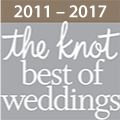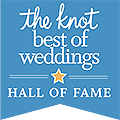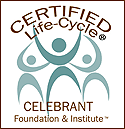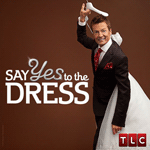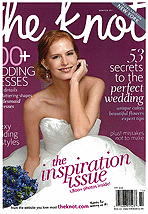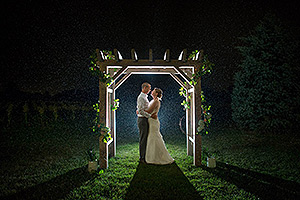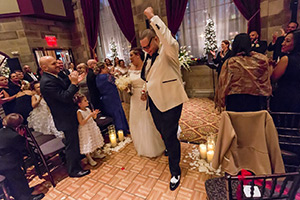
What is an interfaith minister?
As an interfaith (or non-denominational) minister, I am free to serve people of all beliefs, backgrounds, and traditions (secular, spiritual, or religious.) I am legally authorized to solemnize marriages through my ordination and am not affiliated with any particular church or religion. I am not a Christian minister nor did I receive my ordination from an online entity. My own beliefs do not play a part in your ceremony.
How are you different from a Justice of the Peace?
The term “Justice of the Peace” is frequently misused as a general descriptor of anyone who is authorized to marry couples. The correct general term is “officiant” which can include Justices of the Peace, rabbis, ministers, judges, interfaith ministers, priests, etc. In Connecticut, a Justice of the Peace is appointed by their political party in her/his town or through their town clerk. The appointment is for 4 years, though they may be reappointed any number of years and Connecticut’s JPs are only allowed to officiate marriages in Connecticut. Not all states have JPs or allow their JPs to solemnize marriages.
What is a Lifecycle Celebrant™?
A Lifecycle Celebrant™ is the registered, trademarked name for a a person trained professionally in ceremony and ritual through the Celebrant Foundation and Institute and one who is directed in the creation of ceremonies by the client’s beliefs and values and not their own. Lifecycle Celebrants™ are trained to create ceremonies honoring all the important transitions cycled through in a lifetime, from birth to death and are significantly different from other officiants because of their training and education, particularly regarding the customs of different cultural and faith traditions. I received my training and certification through the Celebrant Foundation and Institute and honor the Code of Ethics adopted by the Celebrant Association of North America.
I am from a Christian background and my fiancé is Jewish… what kind of ceremony can we have?
If you are a couple marrying outside faith and/or cultural traditions in which you grew up, you might feel your options are limited. You might like to honor your heritage but perhaps you do not practice the religion of your family any longer, or maybe you do. The good news is that you can have a ceremony that celebrates and honors both of your backgrounds. Together we will discuss what within your traditions you hold as meaningful. Special readings and/or rituals that we can re-imagine and blend in a culturally appropriate and respectful way can honor the richness of your histories and that of your families.
We are a lesbian couple and we each have a child from a previous marriage. How can we involve our children in our ceremony?
Marriages are big transitions for everyone, especially if there are children involved. To include children in the wedding ceremony can help them see themselves as important members of a new and blended family. Rituals in particular, actively help children to see themselves as part of a larger whole There are many creative ways to include children; let’s have a chat and see what works for you!
Do I need a rehearsal?
It’s always a good idea, especially if you have a larger wedding party and a more complex ceremony. Couples feel more relaxed and can give their complete attention to their wedding day if they have been able to rehearse. However, in situations where a rehearsal simply isn’t possible, I will still make sure you and your wedding party understand what you will be doing, where you will be standing, and what cues you will be responding to. These little “mini-rehearsals” are done on the fly but very effective!
Rehearsals can be a great deal of fun too and usually take about an hour. We will do a “cue to cue” which means we move through the different sections of the ceremony without saying any of the ceremonial language so we keep it fresh and new for the wedding day.
Keep in mind that the actual ceremony usually lasts about 30 minutes ( including processional and recessional) but often in the rehearsal we are going over things a few times just to get it right.


